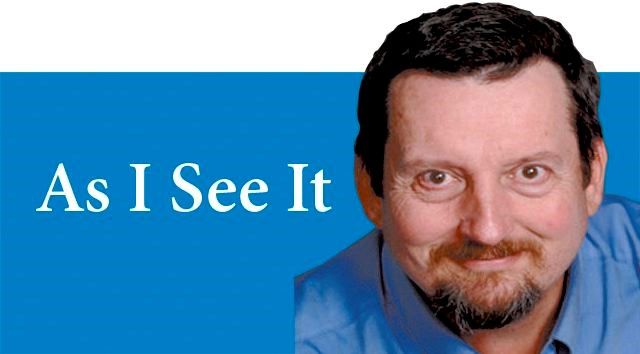What is the point of electoral reform?
I don't ask this as a rhetorical question. It is an issue at the provincial level in British Columbia and is now being explored by the federal government. I have heard all sorts of answers to the question but none that are truly convincing.
Generally, when I talk to people in favour of reform, their responses fall into broad categories. It will get more people to vote. It will lead to a more representative parliament. It will provide for more diversified points of view.
But will it truly get more people to vote? We live in a representational democracy. At the constituency level, we presently use a system in which the candidate with the most votes in a particular riding earns the right and responsibility to represent the riding in Parliament.
Generally, if the person is from a political party you agree with (or don't hate), then we accept the results. On the other hand, if the elected MP represents a party to which you are ideologically opposed then the system is seen as unfair and/or unrepresentative.
Further, since we generally have more than two candidates running in any given riding, the winner generally doesn't have a majority. Occasionally, a candidate will win a true majority but it doesn't happen often. Rather, the winner represents some portion of the popular vote and by default only a portion of the views of people in the riding.
However, pretty much any system of election - single transferrable vote, proportional representation, mixed balloting - is going to result in either a complete move away from representational democracy or the same problem of elected officials who do not represent your particular point of view.
Modern politics pretty much assures us we will always be at odds with the winner. Sometimes we will even be at odds with the party we voted for. It is a very rare person who agrees with every plank in their party's platform.
Which leads to the question of what changes with electoral reform? How will this generate more voters? A system, such as the single transferable vote, would mean more politicians from the same party are elected in larger ridings. It would not ensure a minority perspective is carried to Parliament.
Electoral reform will not ensure our members of Parliament represent our point of view. There are so many points of view, it would be impossible to have them all represented within our democratic structure unless we shift away from a representational democracy to one in which all Canadians vote on all legislation through a computer rollcall.
But who has time for that? We elect people so that we don't have to spend the time on the minutiae of each article and clause in a piece of legislation.
As to the notion electoral reform will lead to a more diverse Parliament, this may be true but diversity just for diversity sake isn't a particularly worthwhile pursuit.
Do we really think having libertarians, communists, or fascists members of Parliament is necessary?
Do we want to give voice to every fringe group - be it left, right, or straight down the middle of the political spectrum?
For the most part, Canadians are centrists with a strong sense of social responsibility mixed with a healthy respect for a functional economy. Over the past 150 years, this is the government we have had in place. One could make the argument our governments already reflect our sense of self and vice versa.
Perhaps more to the point, any electoral reform which moves towards a more diverse house leads to the question of whether or not the best ideas, people, policies, or positions are being represented. Being "politically correct" can often lead to the idea that something must be done to be seen doing something.
But if we are going to have electoral reform, then maybe we need to move to a mixed system. We have 338 members of Parliament in Canada right now. What if 100 MP positions are allocated based on the popular vote for the other 238 members who would be elected from specific ridings?
In such a system, we retain the essential feature of ridings - someone locally accountable from our region or city. It would allow us to have someone we could talk to directly about issues of concern. It would continue to put a face on Parliament for the voting public.
But the positions allocated on the basis of popular vote would then allow small parties, such as the Greens, to have some presence within our Parliament. For every one per cent of the vote, there is one seat. A party polling five per cent would then have five members. This would give a voice to any party able to meet the threshold.
In the end, though, I am left unconvinced electoral reform is necessary.



